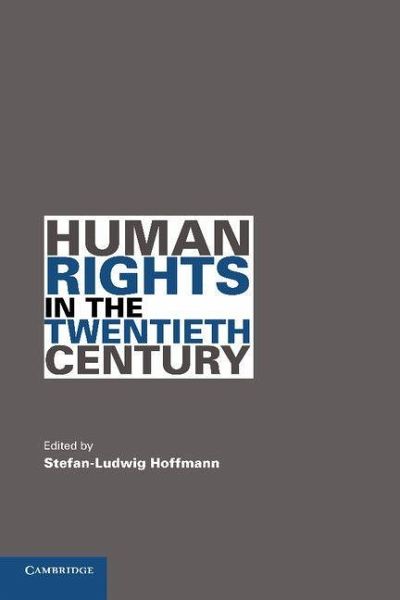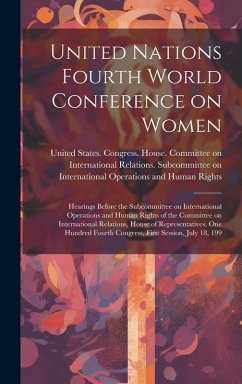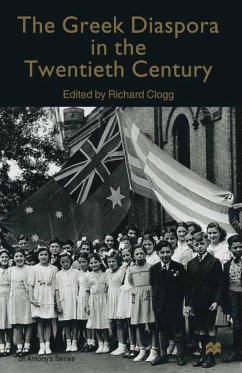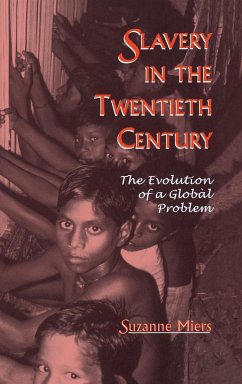
Human Rights in the Twentieth Century
Versandkostenfrei!
Versandfertig in 1-2 Wochen
40,99 €
inkl. MwSt.

PAYBACK Punkte
20 °P sammeln!
Has there always been an inalienable 'right to have rights' as part of the human condition, as Hannah Arendt famously argued? The contributions to this volume examine how human rights came to define the bounds of universal morality in the course of the political crises and conflicts of the twentieth century. Although human rights are often viewed as a self-evident outcome of this history, the essays collected here make clear that human rights are a relatively recent invention that emerged in contingent and contradictory ways. Focusing on specific instances of their assertion or violation durin...
Has there always been an inalienable 'right to have rights' as part of the human condition, as Hannah Arendt famously argued? The contributions to this volume examine how human rights came to define the bounds of universal morality in the course of the political crises and conflicts of the twentieth century. Although human rights are often viewed as a self-evident outcome of this history, the essays collected here make clear that human rights are a relatively recent invention that emerged in contingent and contradictory ways. Focusing on specific instances of their assertion or violation during the past century, this volume analyzes the place of human rights in various arenas of global politics, providing an alternative framework for understanding the political and legal dilemmas that these conflicts presented. In doing so, this volume captures the state of the art in a field that historians have only recently begun to explore. By focusing on specific instances of assertions or violations of human rights during the past century, this volume analyzes the place of human rights in the various arenas of global politics, providing an alternative framework for understanding the political and legal dilemmas that emerged from these conflicts.














